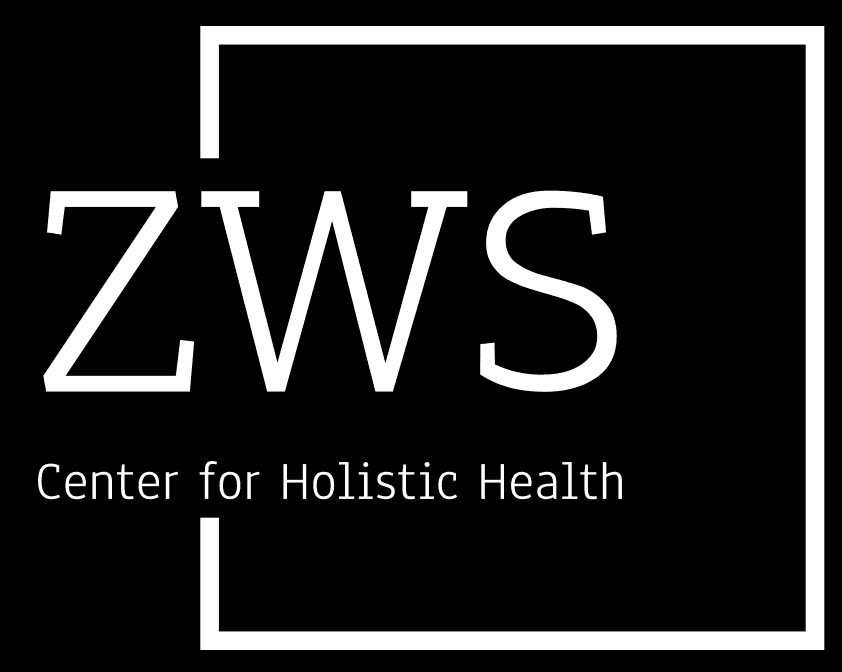
Key Principles of Acupuncture
- Qi and Energy Flow: Qi flows through pathways in the body. When this flow is blocked, it can cause health problems. Acupuncture helps restore this flow.
- Point Selection: Acupuncture points relate to different organs. Practitioners choose points based on each person’s health needs.
- Holistic Approach: Acupuncture looks at the whole person, addressing physical, emotional, and spiritual health.
Benefits of Acupuncture Therapy
- Pain Relief: It is effective for chronic pain, such as arthritis, back pain, and migraines.
- Stress Reduction: Acupuncture promotes relaxation and can help with anxiety and depression.
- Improved Digestion: It can assist with digestive issues like irritable bowel syndrome (IBS) and nausea.
- Better Immune Function: Regular treatments may help strengthen the immune system.
- Support for Mental Health: Useful for managing stress and improving emotional well-being.
What to Expect During a Session
- Initial Consultation: The practitioner will review your health history and treatment goals.
- Needle Insertion: Thin needles are gently placed into specific points. You may feel a slight prick, but it is usually painless.
- Session Duration: Sessions last about 30 to 60 minutes, during which you can relax.
- Post-Treatment: Many people feel relaxed afterward and may notice immediate or gradual relief.
Safety and Considerations
Acupuncture is generally safe when done by a qualified practitioner. It’s important to talk to a healthcare provider if you have health concerns or are pregnant. Side effects are rare but can include mild bruising or soreness.
Acupuncture therapy offers a holistic way to improve health by addressing both physical and emotional issues. By restoring energy flow, it enhances overall well-being and is increasingly recognized for its positive effects in health care.

